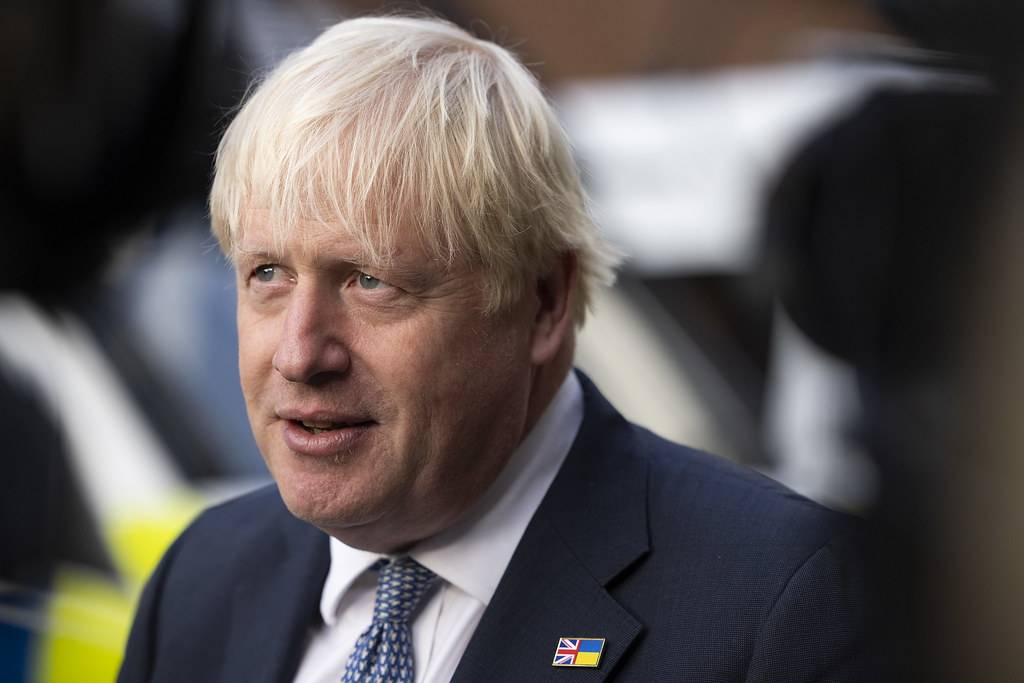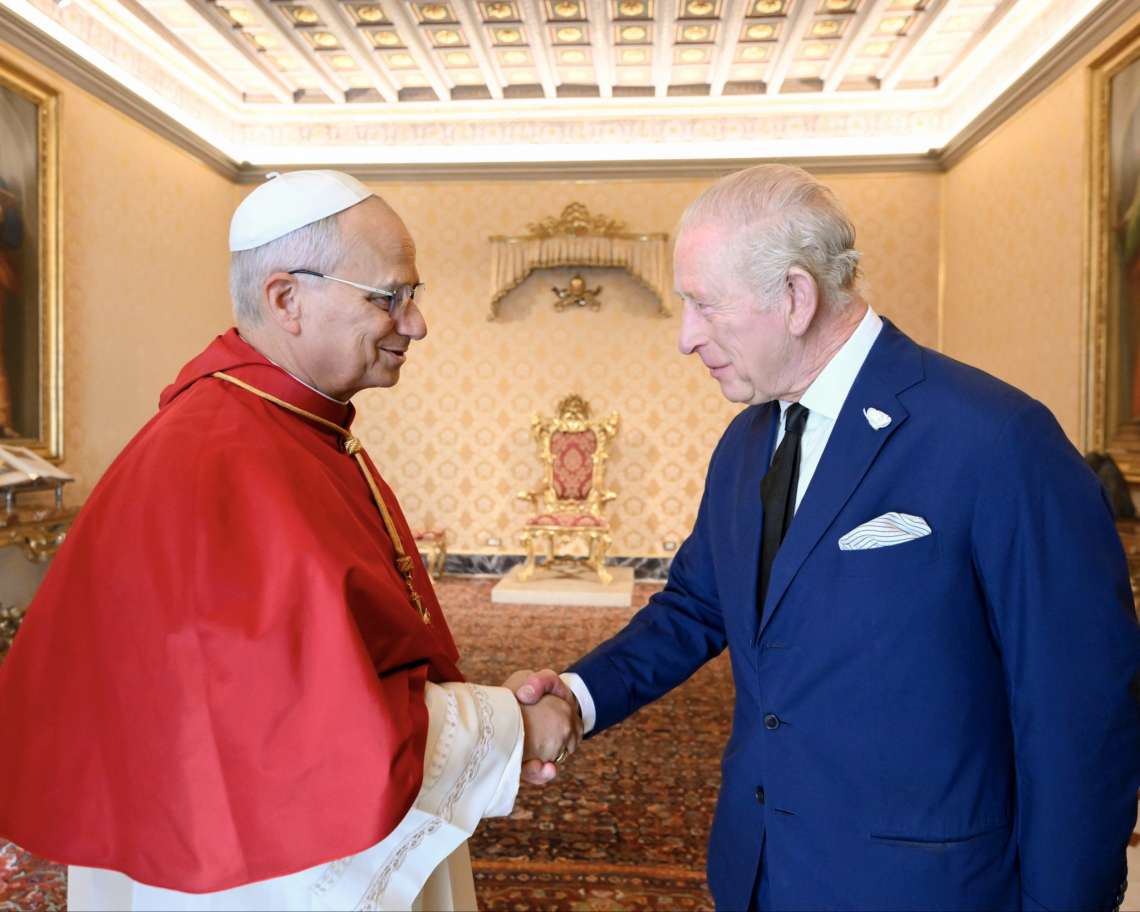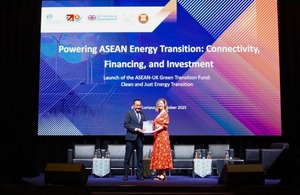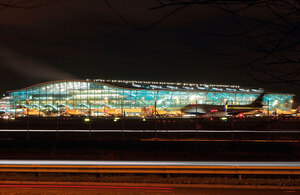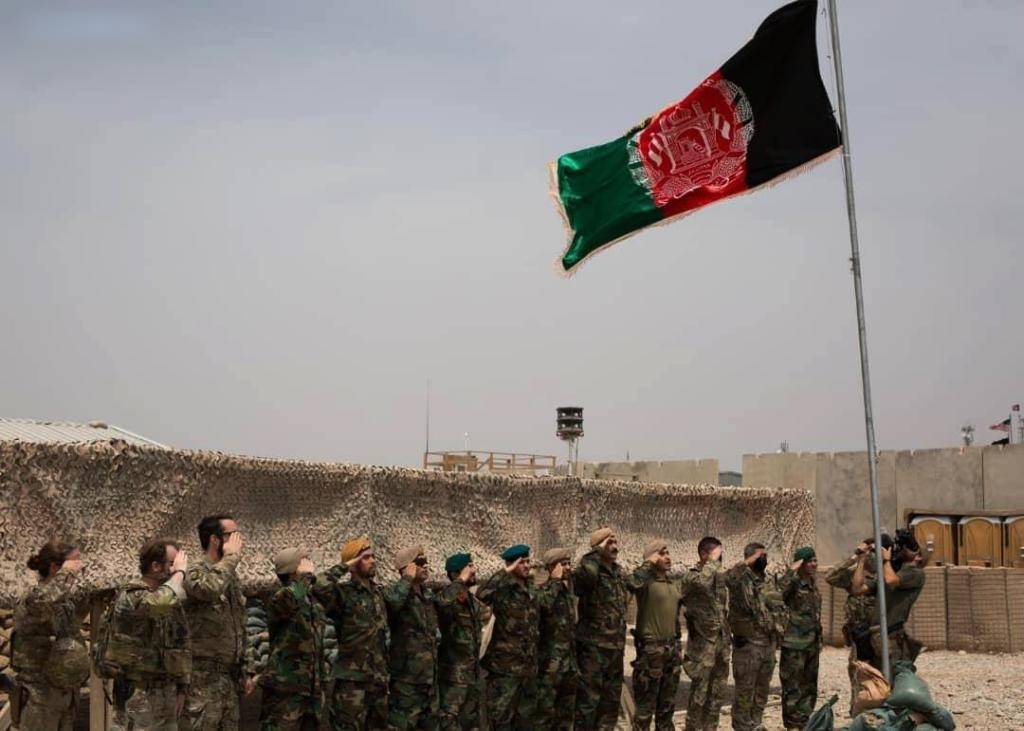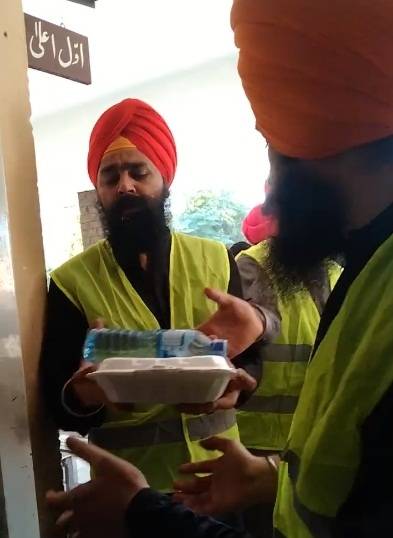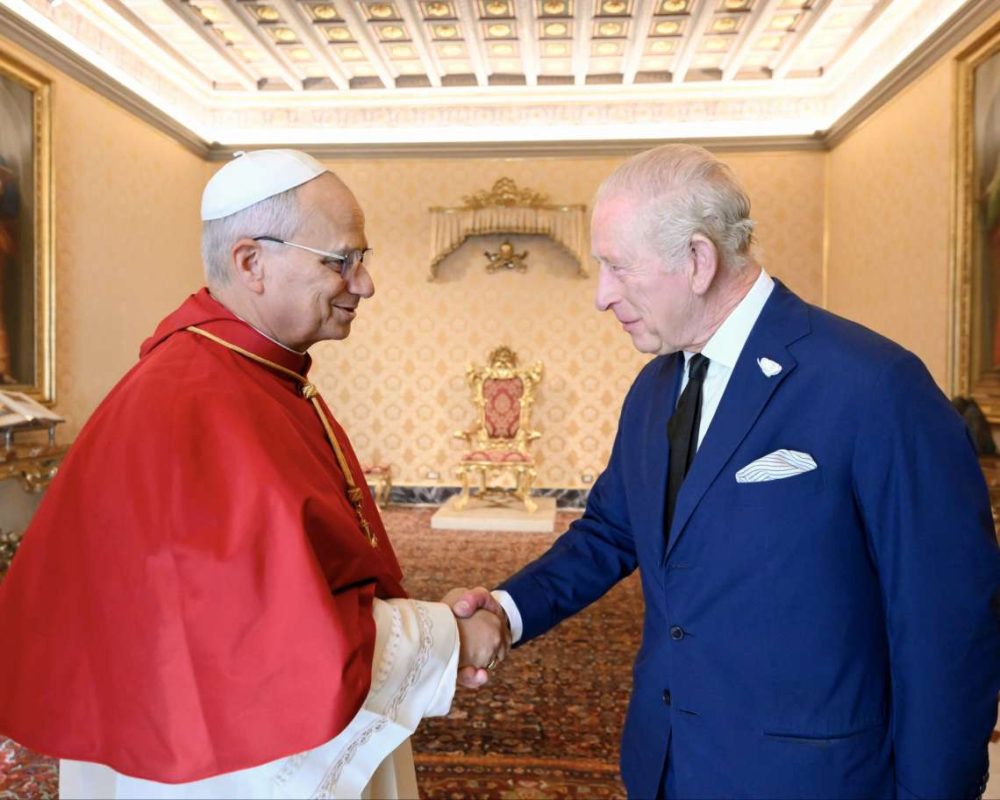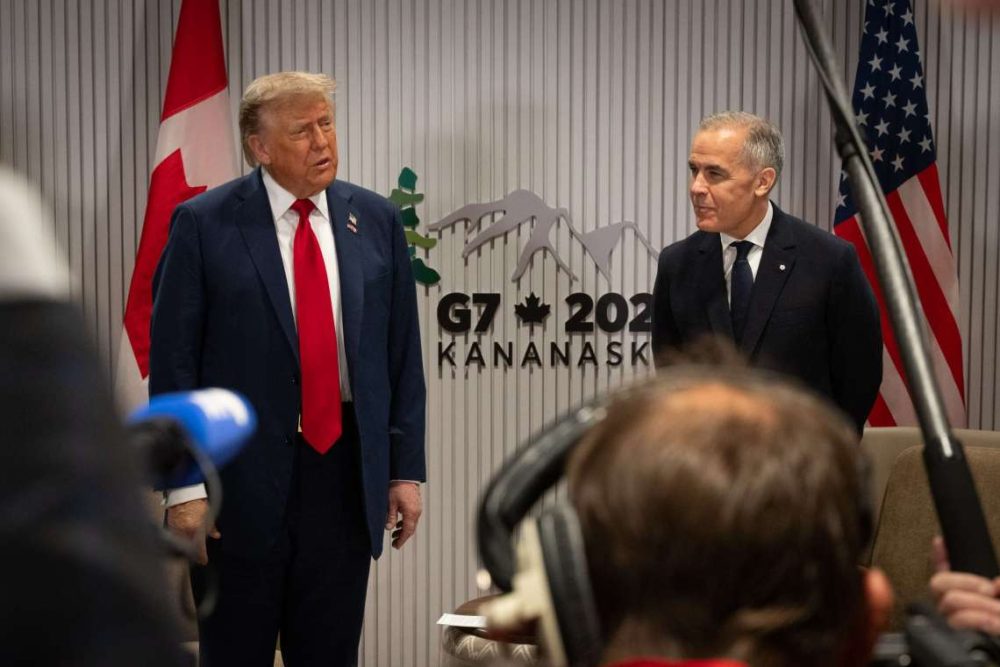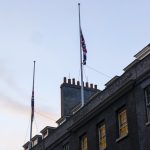Gorbachev won the 1990 Nobel Peace Prize for his role in ending the Cold War and spent his later years collecting accolades and awards from all corners of the world. Yet he was widely despised at home…reports Asian Lite News
British Prime Minister Boris Johnson on Tuesday praised the “courage and integrity” of Mikhail Gorbachev, the last Soviet leader who died at age 91.
“I’m saddened to hear of the death of Gorbachev. I always admired the courage and integrity he showed in bringing the Cold War to a peaceful conclusion,” Johnson said on Twitter.
“In a time of Putin’s aggression in Ukraine, his tireless commitment to opening up Soviet society remains an example to us all,” he added, referring to Moscow’s invasion of Ukraine.
Speaking outside a police station in Lewisham, southeast London, this morning, Johnson went further, saying Gorbachev had “changed the world and unquestionably changed it for the better”.
He said: “When you look at what he did to make Europe whole, free, to give freedom to the countries of the former Soviet Union – it was quite an extraordinary thing.
“And of course, Mikhail Gorbachev is one of those people who triggered a change, a series of changes, that perhaps he didn’t anticipate. Maybe he paid his own political price for it but when history is written, he will be, I think, one of the authors of fantastic change for the better in the world. And what I worry about today is that the current leadership in Moscow is intent on undoing the good of Mikhail Gorbachev, and is intent on a revanchist attempt, a revenge driven attempt, to recreate that Soviet empire, and you’re seeing that in Ukraine. That’s the tragedy, something that Mikhail Gorbachev would have thought was absolutely unthinkable, unwarranted.”
Labour leader Keir Starmer said Gorbachev was “one of the great figures” of last century who will “forever be remembered”.
In a tweet, he said: “One of the great figures of the 20th Century, Mikhail Gorbachev’s pursuit of reform forged a path for diplomacy over conflict.
“He will forever be remembered as the last leader of the Soviet Union who had the courage and conviction to end the Cold War.”
Tory leadership candidate Liz Truss, widely expected to succeed Johnson as prime minister next week, tweeted: “Mikhail Gorbachev was a remarkable statesman who made a profound contribution to global security and stability, working with Western leaders to end the Cold War. Now more than ever, this legacy of cooperation and peace must prevail.”
Truss’s Tory leadership rival, Rishi Sunak, tweeted this morning: “Gorbachev’s courage and vision helped bring peace to Europe and built a freer, more open society for millions. His legacy will be remembered by us all.”
During his seven years in office, Gorbachev waged a losing battle to salvage a crumbling empire but is seen by many to have produced extraordinary reforms that led to the end of the Cold War.
After their first meeting, British Prime Minister Margaret Thatcher famously quipped that Gorbachev was a man she ‘could do business with’.
President of the EU Commission, Ursula Von Der Leyen posted: ‘Mikhail Gorbachev was a trusted and respected leader. He played a crucial role to end the Cold War and bring down the Iron Curtain. It opened the way for a free Europe. This legacy is one we will not forget. R.I.P Mikhail Gorbachev.’
French President Emmanuel Macron described Gorbachev as ‘a man of the world, whose choice opened the way to freedom for Russians’.
He added: ‘His commitment to peace in Europe has changed our shared history.’
A quarter-century after the collapse, Gorbachev told The Associated Press in an interview that he had not considered using widespread force to try to keep the USSR together because he feared chaos in a nuclear country.
‘The country was loaded to the brim with weapons. And it would have immediately pushed the country into a civil war,’ he said.
Many of the changes, including the Soviet breakup, bore no resemblance to the transformation that Gorbachev had envisioned when he became the Soviet leader in March 1985.
By the end of his rule he was powerless to halt the whirlwind he had sown. Yet Gorbachev may have had a greater impact on the second half of the 20th century than any other political figure.
“I see myself as a man who started the reforms that were necessary for the country and for Europe and the world,” Gorbachev told The AP in a 1992 interview shortly after he left office.
‘I am often asked, would I have started it all again if I had to repeat it? Yes, indeed. And with more persistence and determination,’ he said.
Gorbachev won the 1990 Nobel Peace Prize for his role in ending the Cold War and spent his later years collecting accolades and awards from all corners of the world. Yet he was widely despised at home.
Russians blamed him for the 1991 implosion of the Soviet Union – a once-fearsome superpower whose territory fractured into 15 separate nations. His former allies deserted him and made him a scapegoat for the country’s troubles.
The official news agency Tass reported that Gorbachev will be buried at Moscow’s Novodevichy cemetery next to his wife.
ALSO READ-Boris slams Russia’s ‘cultural vandalism’ in Ukraine


